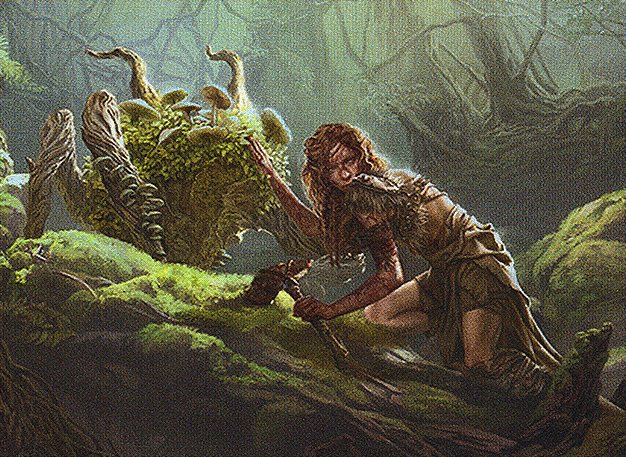Deck & Commander Strategies

Glarb, Calamity's Augur
Focuses on graveyard recursion and value from sacrificing creatures and lands, leveraging graveyard interactions to generate advantage and apply pressure.
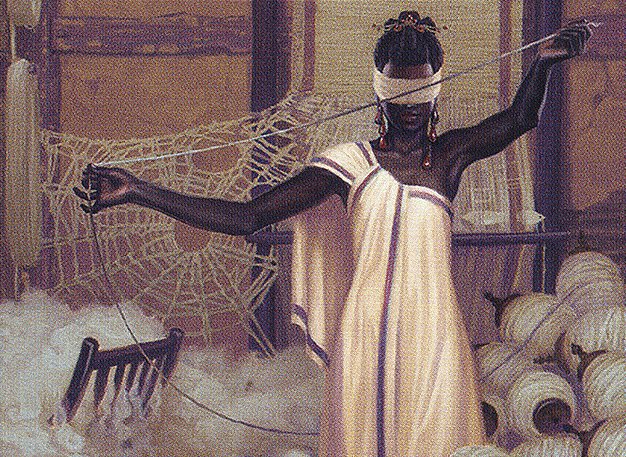
Tymna the Weaver / Tana the Bloodsower
Combines aggressive creature strategies with card draw from combat damage and token generation, aiming to quickly build a wide board and overwhelm opponents.
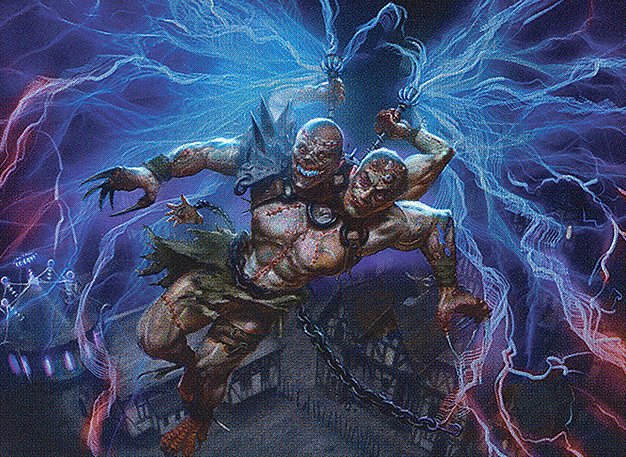

Tymna the Weaver / Kraum, Ludevic's Opus
Utilizes card draw and disruption through combat damage triggers and spellcasting synergy, controlling the game while assembling combo or value engines.
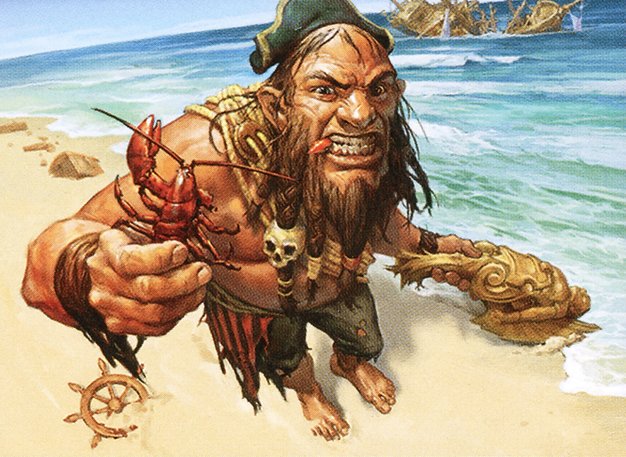

Tymna the Weaver / Dargo, the Shipwrecker
Implements aggressive combat and disruption, leveraging Dargo’s ability to punish opponents for playing spells and maintaining tempo with Tymna’s card advantage.
Gameplay Insights
- 1
Players prioritized early mana development and efficient creatures to establish tempo and resource advantage.
- 2
Strategic use of graveyard recursion and sacrifice effects provided sustainable value over the course of the game.
- 3
Counterplay around mass card draw spells like Windfall and Wheel of Fortune was crucial, with players flashing in creatures or casting counterspells to disrupt these plays.
- 4
Maintaining certain creatures on board, such as Drainth and Bow Master, served as soft lock pieces to restrict opponents’ actions without outright removal.
- 5
Taxing effects and treasure generation were tactically employed to gain incremental mana advantage and fuel further spells or combos.
- 6
Players demonstrated patience in choosing when to remove threats or let them remain to control the flow of the game, balancing aggression with disruption.
Notable Cards
-
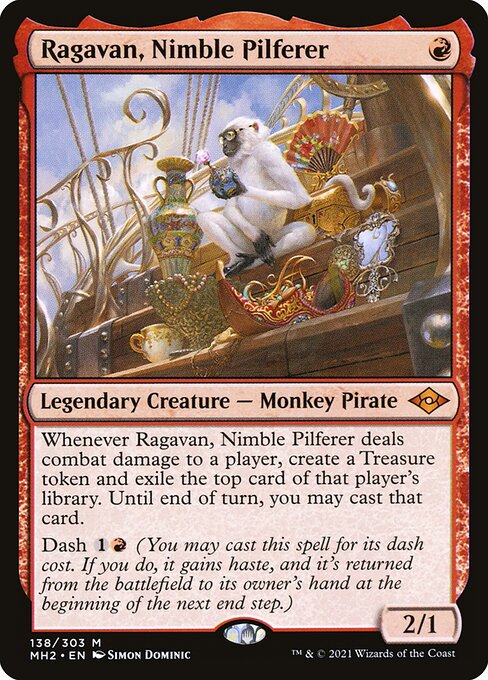
Ragavan, Nimble Pilferer
-
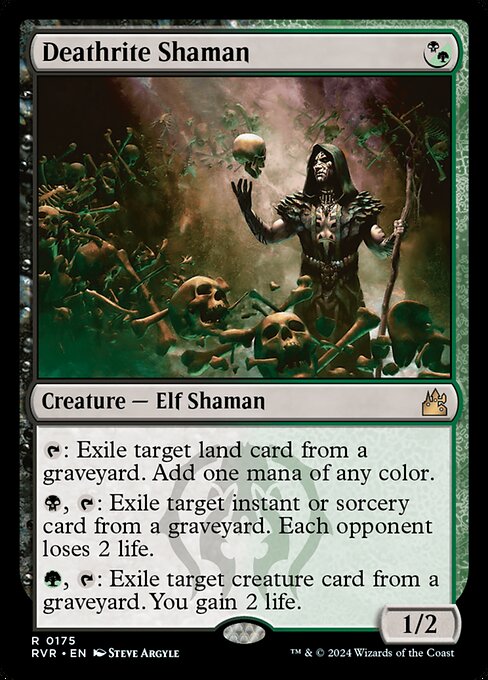
Deathrite Shaman
-
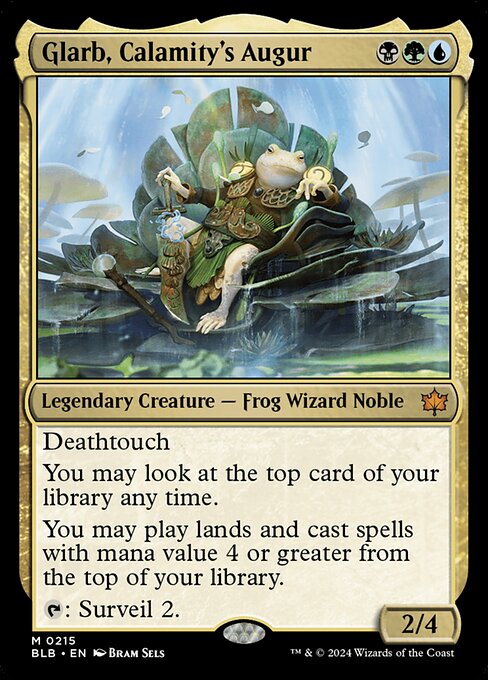
Glarb, Calamity's Augur
-

Mayhem Devil
-

Underworld Breach
-
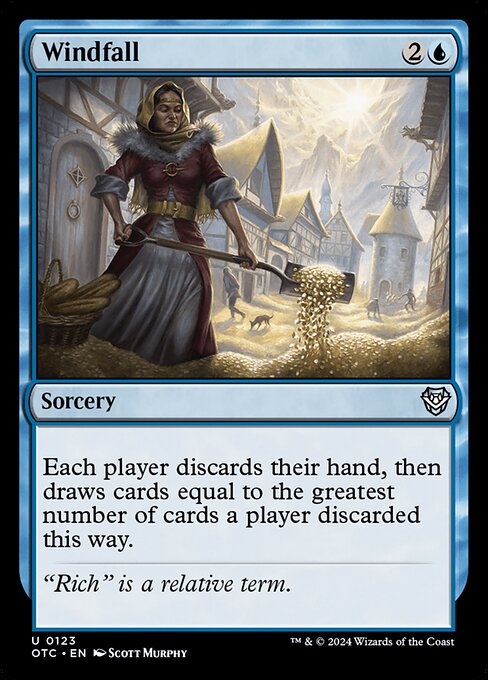
Windfall
-
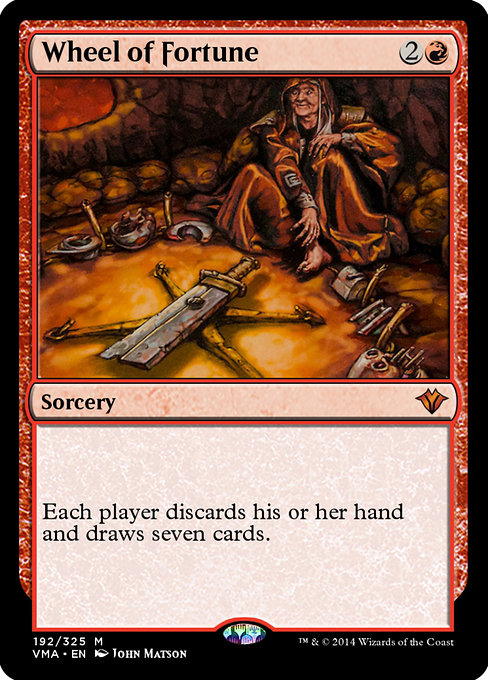
Wheel of Fortune
Gameplay Summary
The game started with players establishing their mana bases, playing key lands like Plateau and Bayou, and deploying early threats including Ragavan, Nimble Pilferer and Deathrite Shaman to gain incremental advantages.
One player cast Glarb, Calamity's Augur, setting up a graveyard recursion engine, while others developed board presence with creatures such as Mayhem Devil and interactive spells like Smother and Drainth.
The game featured strategic interaction around card draw and resource denial, with Wheel of Fortune and Windfall plays contested and often countered, highlighting players’ efforts to disrupt opponents' card advantage.
Underworld Breach was cast and used to fuel a high-impact Windfall, but responses including Mental Misstep and Flash Bow Master complicated the execution and kept the game tense and dynamic. A notable phase was the tactical decision to maintain certain creatures like Drainth on the battlefield to prevent opponents from casting cards freely, illustrating the delicate balance between offense and control in cEDH.
The players also engaged in taxing effects and treasure generation to maximize their mana efficiency.
Throughout the game, players carefully weighed when to remove threats or let them persist, as exemplified by the choice to keep Bow Master alive to stop further Wheel effects.
As the game progressed, the combination of graveyard recursion, treasure sacrifice, and card draw spells set the stage for potential combo finishes, although the exact winning sequence was not reached before the end of the recorded segment.




